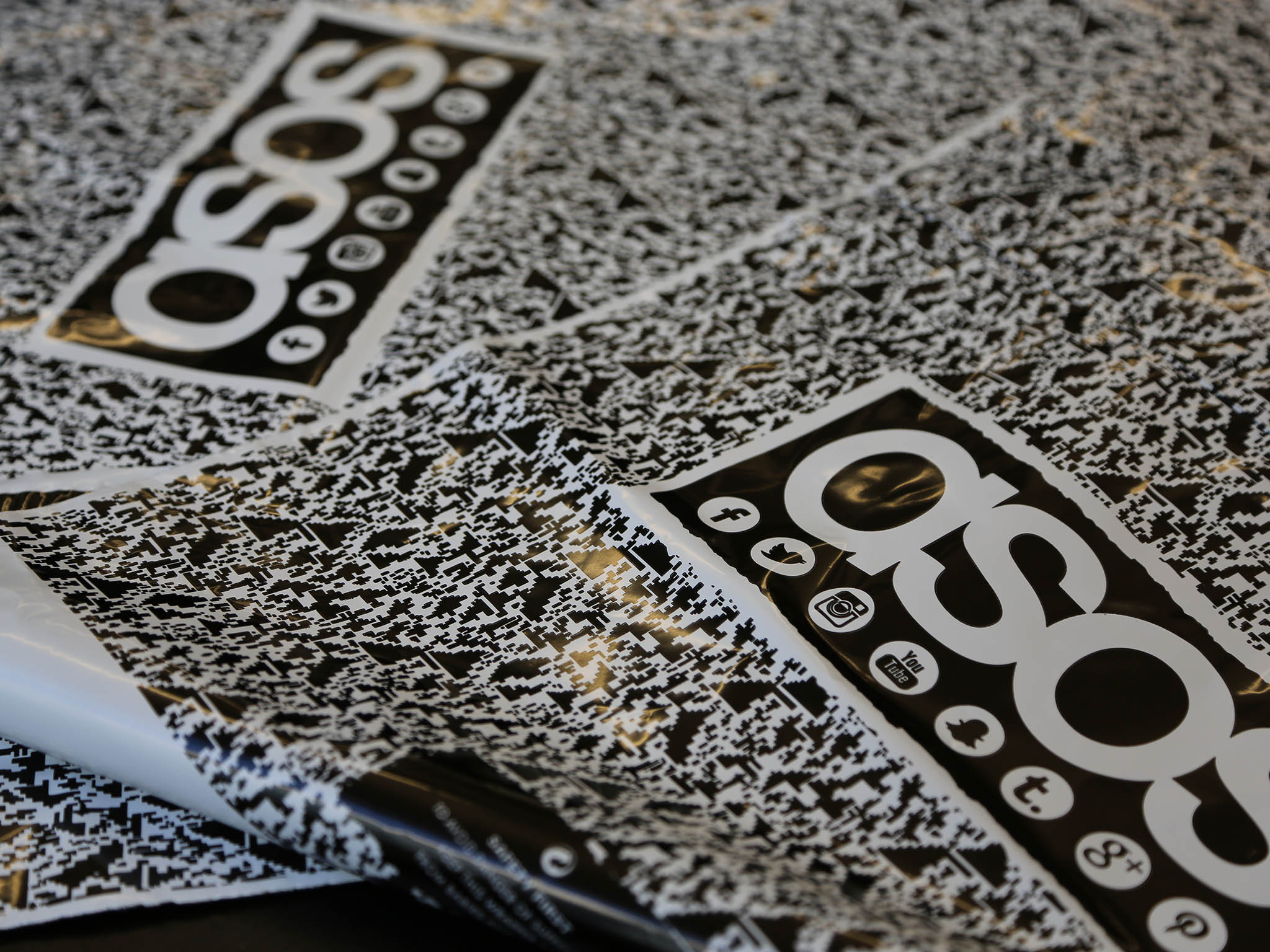20 Pledges for 2020: I called Asos out on its plastic packaging, and this is what it's doing to reduce it
When I decided to reduce my consumption of plastic packaging from online shopping, I said I'd have to stop shopping at Asos. Then the brand got in touch to tell me what it's doing


It’s been a month since I decided to try and kick my plastic packaging habit from online shopping. When I first wrote about it here, I mentioned that I’d have to say goodbye to Asos, where I’ve avidly (mostly too avidly, which is one of the main reasons I’m doing this) shopped for some time.
Shortly after the piece was published, Asos emailed me. It told me that the brand had recently become a signatory with the Ellen MacArthur Foundation’s New Plastics Economy Global Commitment, which describes itself as “a global initiative rallying more than 400 businesses and governments behind a positive vision of a circular economy for plastics, in which it never becomes waste or pollution”.
The email went on to say that brands that sign up to this commit to three “actions”, which are: “eliminate all problematic and unnecessary plastic items; innovate to ensure that the plastics we do need are reusable, recyclable, or compostable; and circulate all the plastic items we use to keep them in the economy and out of the environment.”
It sounds impressive, but what, I hear you ask – as did I – does this actually mean? It felt flimsy, and despite its use of the word committed, it sounded very non-committal. It didn’t make me feel like I was about to click “buy” on the saved items in my Asos basket and feel happy about it arriving without any plastic.
Firstly, the commitments are goals for 2025. A whole five years from now. And it’s only pledging to remove 50 per cent of the packaging on Asos Design products (its in-house brand), which make up 40 per cent of its wares, but there will still be 60 per cent of it covered in plastic in five year’s time and beyond. I attempted to unpick what it would mean.
The brand uses around 71 million mailbags and 5 million cardboard boxes a year. Inside each of those mailbags (which are made from recycled plastic, but are ultimately binned after opening) each item will be wrapped in a very thin, mostly non-recyclable plastic bag, known as a garment bag.
An Asos spokesperson, said the brand sees these bags as the most environmentally friendly way of getting the item from the warehouse and to the customer, while still protecting the clothing. Understandable, as the garment bags are not removed and repackaged in branded bags, like some other online shops do, and if lots of unbagged stock is damaged it’s even more wasteful considering the energy used and materials wasted. But these garment bags are not seen as a “non-essential” plastic (as the brand calls them), such as tags, labels and button bags. I’m hoping these can be changed to be made from NatureFlex, the biodegradable plastic made from wood pulp, but the brand thinks these are no better for the environment as they won’t break down in landfill.
He also said the brand introduced a scheme where the customer could send the plastic packaging with their next return, so Asos can recycle them into new mailbags and garment bags. However, this can only be done maybe twice or so as plastic loses its properties every time it’s recycled. I was amazed to hear this – although I’m an avid customer, I had no idea. I hadn’t seen this advertised on their website or the various emails and push notifications I’m almost bombarded with on a daily basis. Apparently it had been circulated on its social channels, but nothing about sustainability or recycling. After being directed to another page on the brand’s website by the brand's spokesperson, I found this returns scheme has been on offer since September 2019.
Asos also says its mailbags are 100 per cent recyclable, but the key bit here is “in principle”. That means if your local council won’t take them (thin plastics are often refused, as are black plastics, which comprises the inside of the bag), then the onus falls on the customer, not the brand. Asos has pledged to make them 100 per cent recyclable “in practice” (phew), but it hasn’t given details on when, although the brand’s corporate responsibility’s page says that 2020 is “the year we’re aiming to trial reusable mailing bags”. Of course, it’s a work in progress, but it took a lot of digging and reading far beyond the straplines of the release for me to get to this information.
I’m very glad to be made aware of the good things Asos is doing. If I was to continue avoiding plastic packaging beyond 2020, I could confidently shop there again… if I bought its own brand only, in five year’s time. It’s made some progress but it’s got a long way to go. It’s simply not a box-ticking exercise in a bid to not be left behind in a more conscious world. These huge brands need to do more, earlier.
There are other commitments the brand has made that are also worthy of mention, like its pledge to remove all disposable coffee cups from its head office – that equates to more than 133,000 cups annually; donating more than 56,000 garments to Oxfam; and donating around 2,500 litres of used cooking oil to a company that turns it into energy. These actions show the brand is thinking laterally about excess waste in all fields of the business, and for that I am glad.
Join our commenting forum
Join thought-provoking conversations, follow other Independent readers and see their replies
Comments
Bookmark popover
Removed from bookmarks